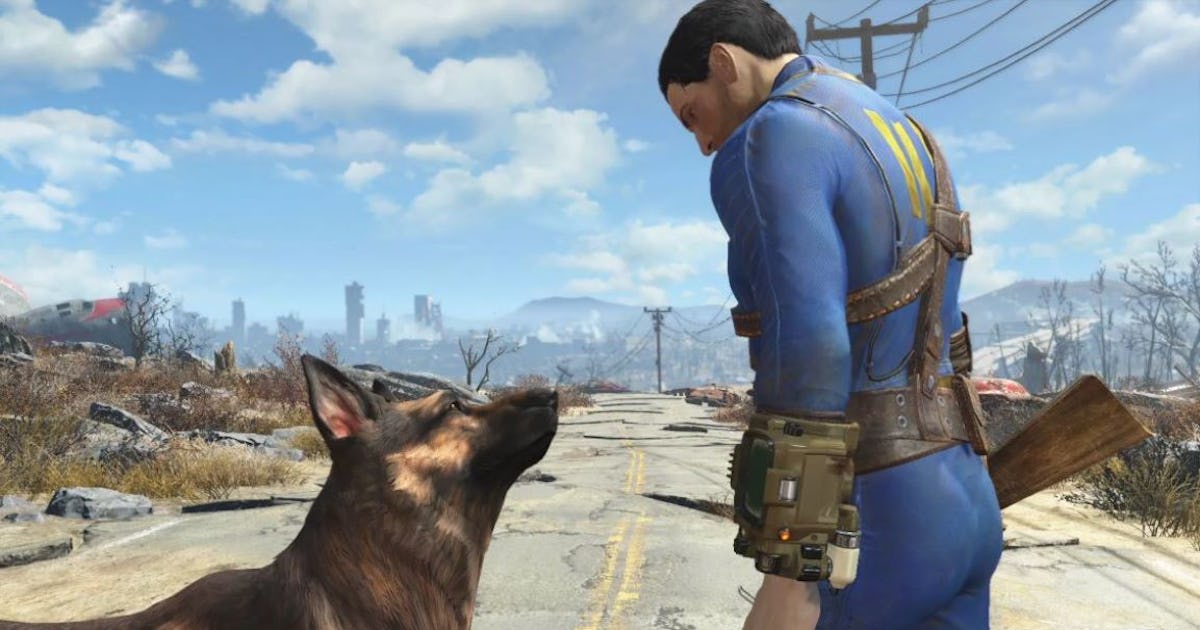
"There's the obvious challenges of actually achieving success, but once you've created a hit TV show or blockbuster movie, the clock starts ticking on that nefarious "what's next?" question. Now the measurement of success isn't just how something compares to its peers, but how it compares to all prior achievements. This is especially daunting for video games, where a smash hit can define - or destroy - a studio's future."
"After Bethesda Game Studios conquered gaming with The Elder Scrolls V: Skyrim in 2011, all eyes turned to its follow-up to the studio's other massive franchise: Fallout 4, which launched 10 years ago today. This new Fallout leaned further into the retro-futuristic aesthetic, wry dark humor, and survivalist noir fans loved, but innovated in ways that made it Bethesda's best entry in the franchise."
"While initially contentious, Fallout 4's settlement system is arguably Bethesda's greatest innovation in dealing with a uniquely Bethesda issue: too much stuff. One of the joys of Skyrim is how deeply immersive the physical world is, as you can pick up every cup, bone, and wheel of cheese. But seasoned Skyrim vets know that, by the endgame, you've likely gathered a half dozen houses' worth of useless junk."
Fallout 4 launched ten years after Skyrim and pushed Bethesda's franchise forward with a retro-futuristic aesthetic, dark humor, and survivalist noir. The game situates players in the Commonwealth, a lived-in Bostonian ruin of broken statues and improvised settlements. Exploration and environmental storytelling are emphasized through scavenging, weapon crafting, and settlement building. The settlement system addressed excessive item accumulation by allowing junk to be broken down into components like wood, copper, steel, and glass. Constant demand for materials ties loot collection to upgrades for settlements and gear. Settlement building provoked debate but became a defining innovation for player agency and resource use.
Read at Inverse
Unable to calculate read time
Collection
[
|
...
]